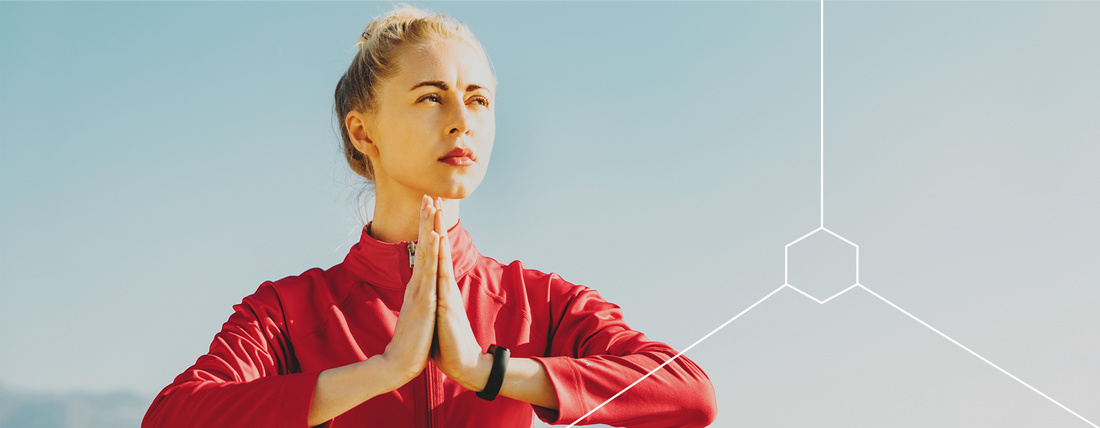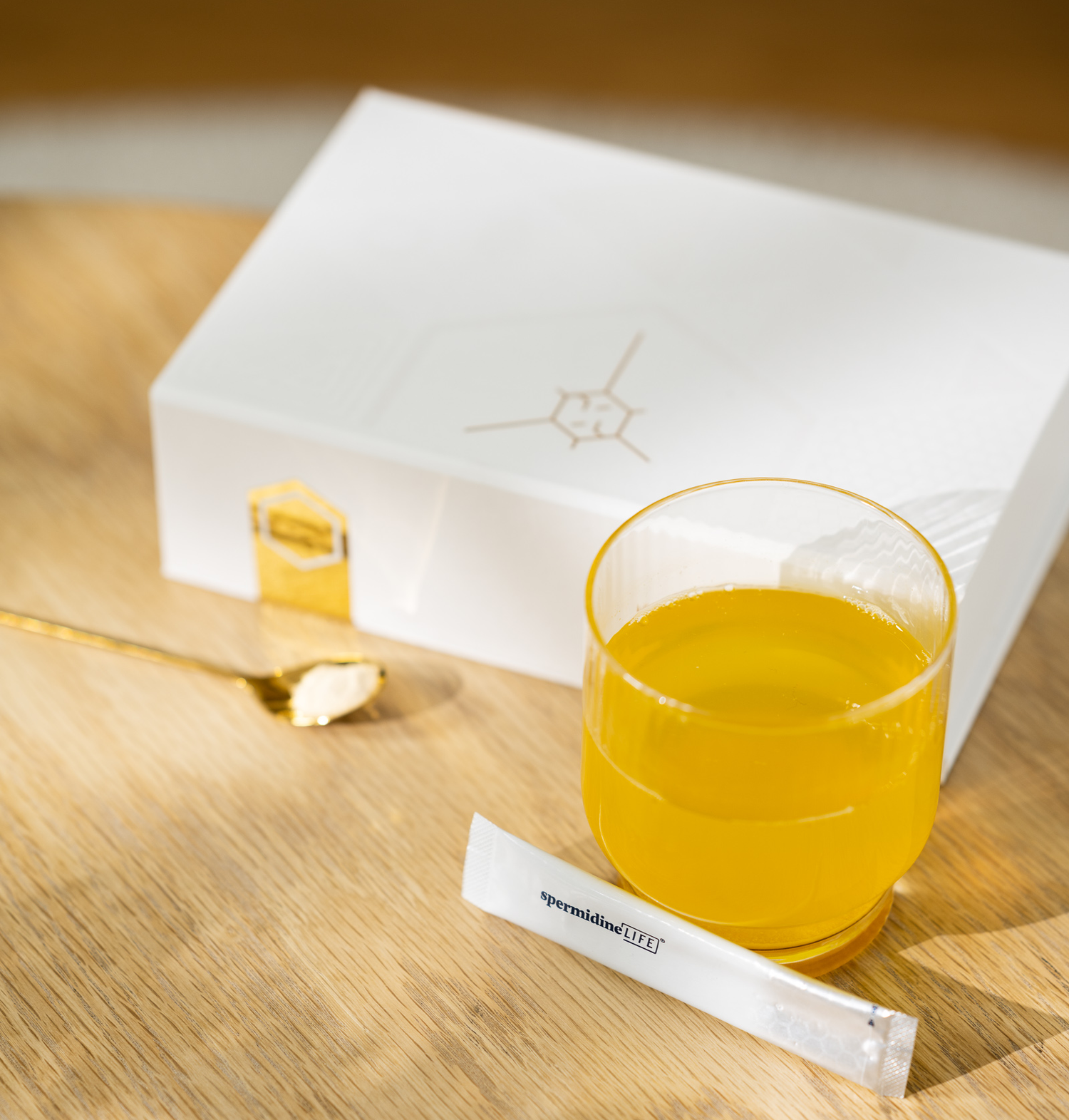
Biohacking: The New Trend for Optimizing Your Body and Mind
Biohacking,Fitness, TLL LongevityLabsIn recent years, a new trend has emerged that deals with the optimization of body and mind - biohacking. Originally started as a niche movement, biohacking is gaining popularity and attracting people from various fields who are looking for ways to improve their biological functions and enhance their performance. In this blog, we will take a closer look at the background of biohacking, where it comes from and what makes this trend so fascinating.
Origin of biohacking
The term "biohacking" has its roots in the world of technology and software. In the 1980s, the term "hacker" was used to describe talented computer experts who analyzed and modified complex IT systems. Over time, the concept of hacking was expanded and applied to other areas, including the human body and biological processes.
Modern biohacking developed in the 2000s as part of the DIY (Do It Yourself) movement. Early biohackers experimented with different techniques to optimize their biological functions and improve their health. The focus was on topics such as nutritional supplements, self-measurement through wearables and alternative healing methods.
Background and motivation of biohacking
The motivation behind biohacking is complex and varies from person to person. Some of the main reasons for interest in biohacking are:
Health optimization:
Many people see biohacking as a way of improving their overall health. By using biohacking techniques and methods, they hope to prevent diseases and increase their physical fitness.
Performance enhancement:
Athletes, entrepreneurs and creatives use biohacking to improve their cognitive performance, stamina and focus. The desire for increased productivity and creative thinking drives many to integrate biohacking into their daily lives.
Personal development:
For some, biohacking is a tool for personal development and self-exploration. They see the human body as an open system that can be continuously optimized to enrich their own existence.
Long-term health:
Biohacking often goes hand in hand with the desire to live a long and healthy life. By using techniques such as interval fasting or nutritional supplements, many hope to extend lifespan and slow down ageing.
Joy of experimentation:
For some people, biohacking is a way to discover new things and explore boundaries. They are fascinated by the idea of understanding their own bodies and gaining new insights through experimental approaches.
Biohacking: a challenge and ethical considerations
Although biohacking offers many potential benefits, there are also challenges and ethical considerations that need to be taken into account. The safety of technologies and substances, the boundaries between self-optimization and over-optimization, and the handling of personal health data are just some of the issues being discussed in the biohacking community.
Conclusion
Biohacking is an exciting trend that has the potential to revolutionize the way we think about health, body and mind. It combines the excitement of technology, personal development and the insights of modern science. However, it is important to practice biohacking wisely and always pay attention to individual needs and health conditions. As with any trend that affects human well-being, it is advisable to seek expert advice and proceed responsibly to realize the full potential of biohacking.
The 5 best biohacking hacks for beginners:
Sleep optimization:
Make sure you get enough sleep and a regular sleep schedule. Avoid screen time before bed so as not to affect melatonin levels. Dark and cool sleep environments promote better sleep quality.
Meditation and mindfulness:
Practice meditation and mindfulness exercises regularly to reduce stress and promote mental clarity. This can also improve concentration and cognitive skills.
Intermittent fasting:
Experiment with intermittent fasting to optimize metabolism, increase insulin sensitivity and stabilize energy levels. Popular methods include 16/8 fasting (16 hours fasting, 8 hours eating) or 5:2 fasting (5 days normal diet, 2 days reduced calorie intake).
Supplements:
Explore natural supplements such as omega-3 fatty acids, spermidine, vitamin D, magnesium or adaptogens (e.g. ashwagandha or rhodiola) that can promote health and performance.
Cold training and saunas:
Alternate between cold and heat stimuli by combining cold showers or ice baths with saunas. This can improve blood circulation, the immune system and stress tolerance.



